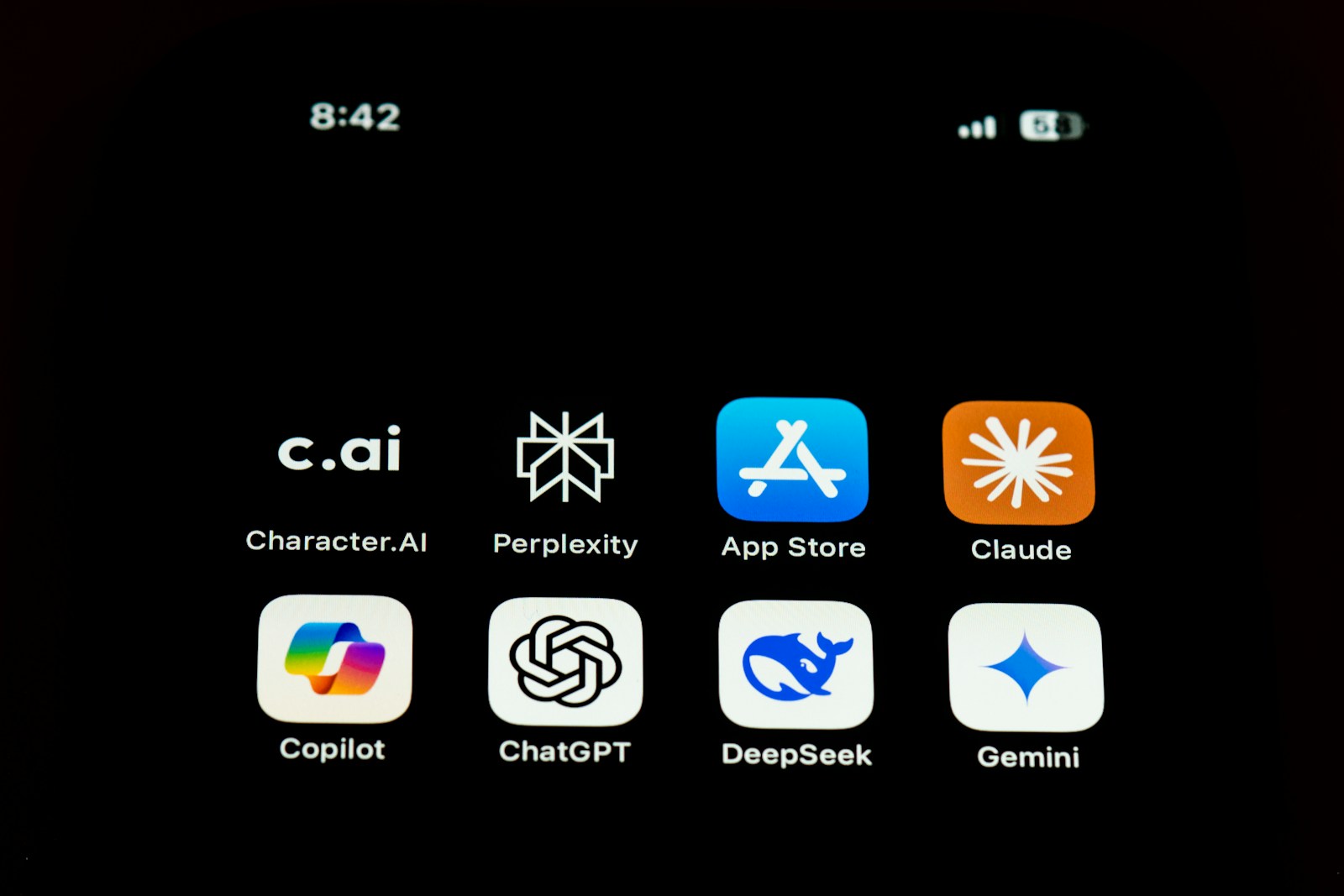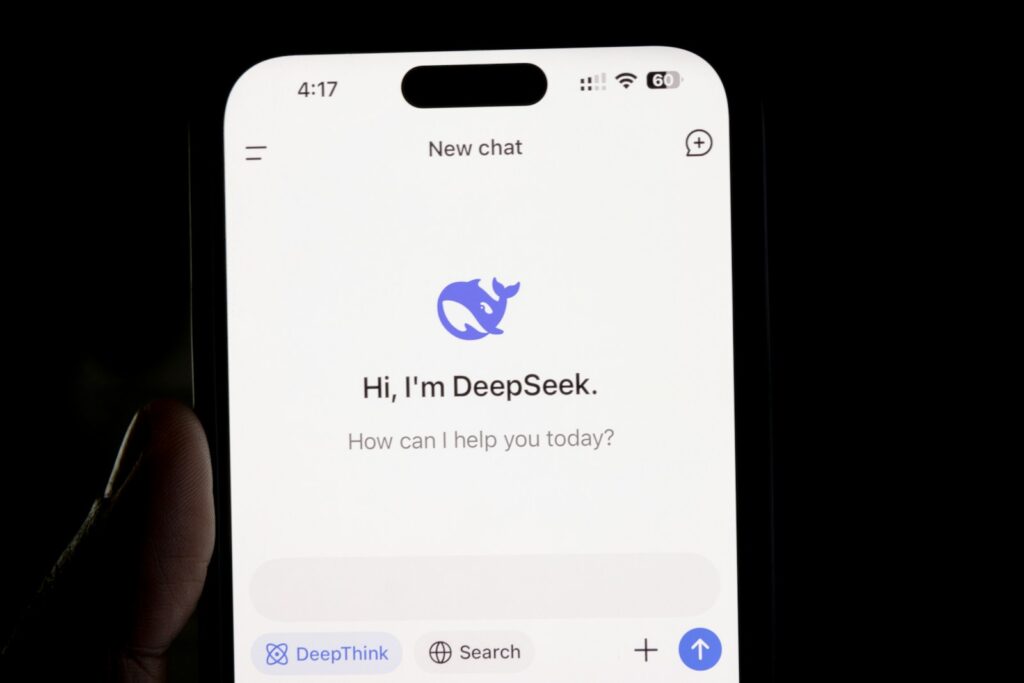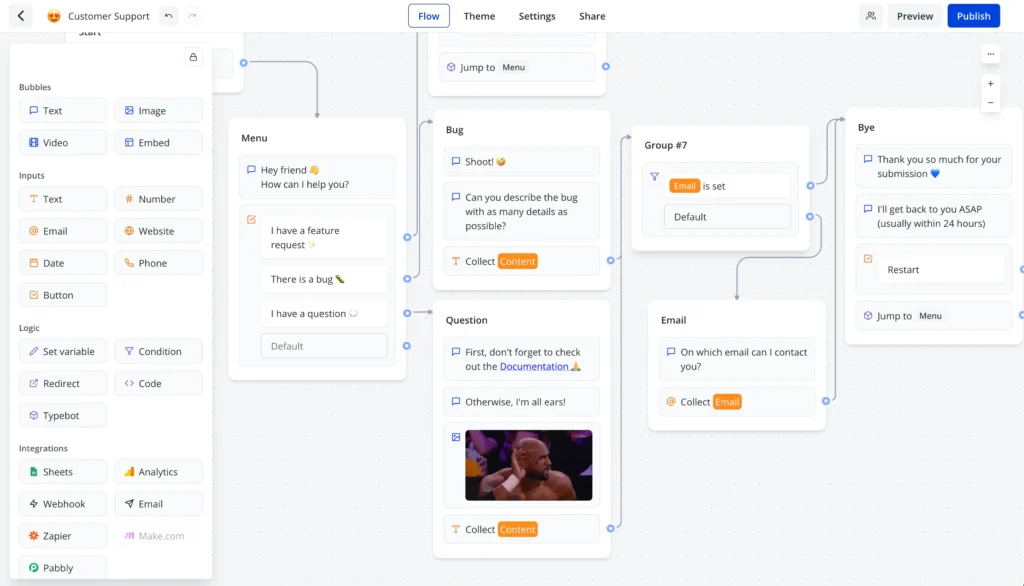The AI landscape in 2025 has been nothing short of dynamic, with developments rolling out so swiftly that if you blinked, you might have missed some groundbreaking updates. At the forefront of these innovations is DeepSeek, a platform that has recently faced outright bans in Italy, the U.S., Australia, and Taiwan, highlighting the growing global scrutiny around AI technologies.
DeepSeek R1 AI – How Is It Better Than ChatGPT?
The Rising Controversies Surrounding Global AI Developments with DeepSeek
Recently, a significant move by a U.S. senator aimed at banning all Chinese AI technologies exemplifies the international tension and the proposed severe penalties that reflect the stark legislative response to these advancements. In parallel, OpenAI has adapted aggressively, attempting to outpace its rivals by introducing updated models like the 03 Mini and developing new features such as ‘Deep Research’. Ironically, this feature’s interface mirrors that of its competitor, drawing accusations of imitation amid innovation.
OpenAI’s Strategic Pivots in the Competitive Landscape
The AI entity known for its previously untarnished reputation, OpenAI, shifted its business model to a for-profit organization, which has incited a wide spectrum of reactions from the tech community. OpenAI’s release of the 03 Mini, a robust, efficient, and accessible AI model, marked a crucial step in democratizing advanced AI technology, making high-level computational abilities available to more users, including those on its free plan. Here’s how it compares with its counterparts:
- Claude Sonet by Oath Inc: Leads in developing artistic content, especially in pixel art creations.
- DeepSee: Provides competitive coding capabilities but faces operational issues like server overloads.
- 03 Mini: Renowned for its fast and cost-free reasoning capabilities that perform impressively against diverse benchmarks.
Despite some differing opinions online regarding which platform offers the best user experience, these tools represent significant strides toward more sophisticated and accessible AI solutions.
The Controversial Yet Powerful ‘Deep Research’
Among the standout innovations is the contentious ‘Deep Research’ feature, identical in name and function to an earlier release by Google Gemini. This tool enhances AI’s utility by enabling it to source vast amounts of data across the internet, thus providing enriched, context-based responses which could be immensely beneficial in fields like law, medicine, and business analysis.
Interestingly, the integration of AI like ChatGPT Pro in professional sectors has led to both humorous and alarming anecdotes about AI-led decisions in medical and legal practices, reflecting the growing pains of integrating AI into sensitive areas of human decision-making.
Future Perspectives and Open Source Initiatives
OpenAI CEO Sam Altman’s remarks about reassessing the company’s open-source strategy and the implications for future AI development reflect the ongoing debate between proprietary models versus open-source alternatives. This has been a pivotal topic as developers and tech companies navigate the trade-offs between innovation, control, and accessibility.
Moreover, platforms like Daily.dev remain pivotal for the tech community, providing ad-free, curated content that helps developers stay updated with the latest trends without the typical online distractions.
Conclusion: Embrace the Future of AI with Informed Choices
The rapid evolution of AI platforms like DeepSeek and initiatives by OpenAI are reshaping industries and everyday lives. As these technologies become integral to more sectors, understanding their capabilities, limitations, and the ethical dimensions of their use is crucial.
To navigate this ever-evolving field, engaging with open-source communities and staying informed through platforms committed to unbiased, comprehensive tech reporting can ensure that both developers and users can make the most informed decisions in the AI-powered world.






